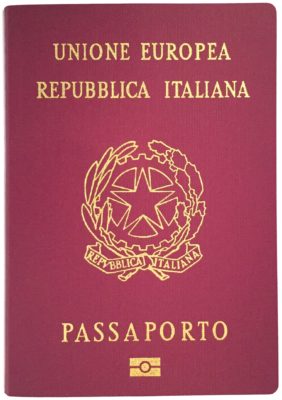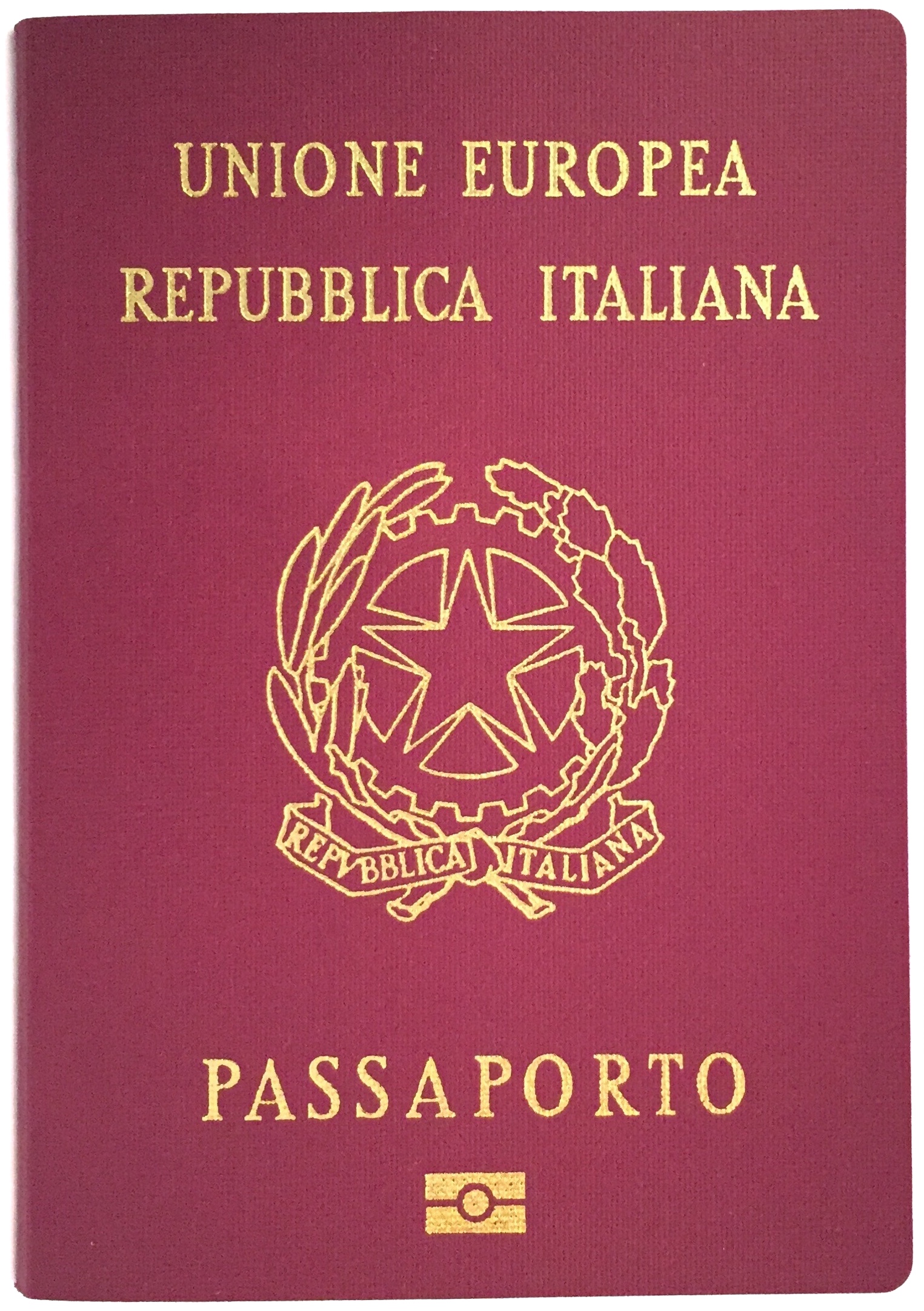5 Travel Laws for EU citizens visiting other EU countries you probably didn’t know
There are a lot of travel myths which are often mistaken as facts. In this post I try to explain some common situations you may encounter. Note in advance EU laws also apply to European Economic Area (EEA).

1. You can only stay a maximum of 3 months without restriction
This is the biggest common myth, with most people believing you can stay indefinitely in another EU country at will. Under Directive 2004/38/EC for stays under 3 months you only need to carry suitable identification. For stays over 3 months you must register with the local authorities and you can only stay if you satisfy one of the four criteria:
- You are an employee of a company
- You are self-employed
- You are a student with comprehensive sickness insurance *
- You are financially self-sufficient with comprehensive sickness insurance *
* Some EU countries allow EU citizens to stay without sickness insurance, but that is a privilege and goes beyond the legal requirements of the EU.
2. It is not necessary to travel with your passport (with an obvious exception)
Under the same Directive 2004/38/EC it is NOT a legal requirement to travel around the European Union with a passport if you are a EU citizen. You can travel with just a national Identity card but the obvious exception here is if your country of citizenship does not issue ID cards, in which case a passport is required. EEA Countries which do not issue ID cards to its citizens are United Kingdom, Denmark, Norway and Iceland.
Also, EU citizens do not need to have 6 months of extra validity on their travel document. As long as it is valid then it must be legally recognised by the host country.
And as a point of clarification, non-EU citizens who are resident in an EU country must use their passport. They won't have an ID card anyway.
3. If you are driving a private EU-registered vehicle, your insurance is ALREADY valid in other EU countries.
Many car insurance companies will try to sell you extra insurance for cross-border coverage, but this may actually be unnecessary. You will need to check what risks and liabilities your insurance covers internationally but this will be a minimum 3rd-party coverage, as stipulated by Directive 2009/103/EC
Beware however if you are renting a car then many hire companies may and can charge for the international insurance coverage.
4. There is no “tax free” shopping in airports.
Unless you are making an EEA to non-EEA flight you will pay VAT (as a private consumer). However, if you are flying between two EEA cities then you will pay VAT. This law did not stop airport retailers' dodgy practice of withholding VAT savings.
But remember that VAT and Duty are different types of taxes and therefore governed by different laws. This can also lead to widespread confusion when a “Duty-Free” shop asks for a boarding pass.
5. International flights, trains, ships, bus journey delays are covered under EU law. Domestic journeys might not.
The rules on these topic are quite complex in themselves, so I refer you to the European Commission's Passenger Rights page, and also highly suggest downloading their app for Android, iPhone, iPad or Windows Phone, for when you get stuck on-the-move.


Indeed the EU citizens’ freedom of movement right applies to stays in other countries for a period beyond 3 months only if the person is being considered “economically active” or a family member of an “economically active” EU citizen using EU treaty rights.
I have US and Swedish passports. Today Sweden during covid dies not allow US citizens in. Booked a flight with KlM in May from Via Amsterdam to Sweden.
What passport do I use and how to make it there and most importantly back to the USA.
Have always only flown on my US passport.
Got you covered here.
https://pointstobemade.com/how-to-travel-with-two-passports/